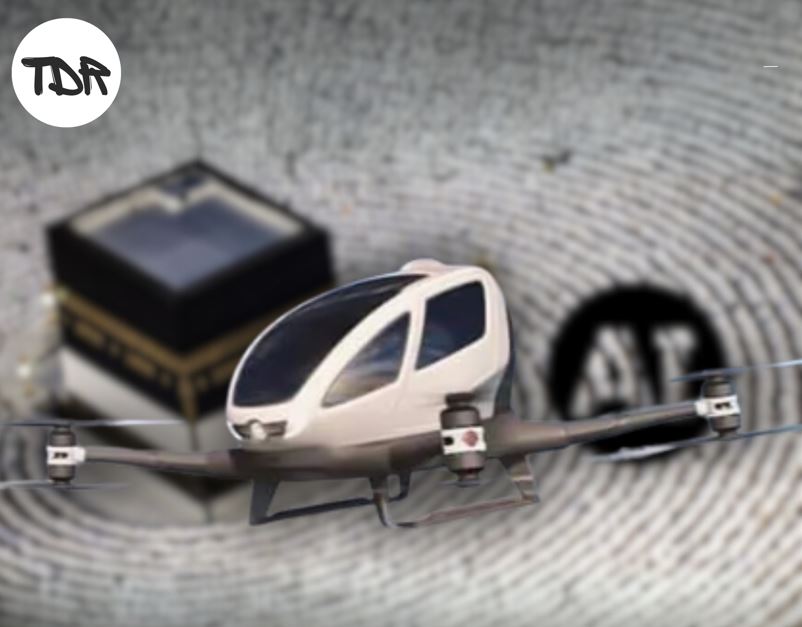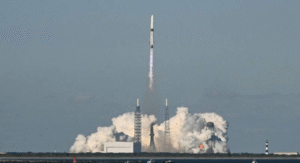Saudi Arabia Deploys Drones to Curb Unauthorized Hajj Pilgrims
Advanced Surveillance Measures Implemented in Makkah
In a robust effort to prevent unauthorized individuals from performing Hajj, Saudi Arabia has rolled out drone surveillance technology across Makkah, focusing on detecting and detaining pilgrims who lack official Hajj permits.
The initiative, spearheaded by Saudi authorities during the peak pilgrimage season, underscores a heightened focus on regulation and security. According to Saudi state media, the use of aerial surveillance has led to the daily apprehension of hundreds attempting to enter restricted areas without authorization.
Among the recent detentions were four Indonesian nationals, accused of operating a fraudulent Hajj permit scheme. A follow-up investigation led to the arrest of 14 more suspects from a shared residence. None were found to possess valid documentation.
Pilgrimage Safety and Legal Compliance
The Saudi government enforces strict Hajj permit policies to maintain crowd control, public health, and logistical safety. Unauthorized participation not only violates immigration laws but also risks overwhelming infrastructure that is meticulously managed to handle millions of pilgrims each year.
Enhancing Entry Experience for Legal Pilgrims
While enforcement is intensifying, so is the kingdom’s commitment to enhancing the experience of lawful pilgrims. In Medina, the Saudi Data and Artificial Intelligence Authority (SDAIA) has introduced 20 electronic gates (e-gates) at Prince Mohammad bin Abdulaziz International Airport.
These high-tech installations are designed to reduce wait times and simplify immigration. Over 30 AI-powered passport scanners have also been deployed, enhancing the speed and accuracy of the verification process.
To maintain seamless functionality, SDAIA teams are stationed 24/7 at the airport to ensure operational stability and respond to technical issues. Additional fingerprint scanning units and reinforced staffing have been added at the arrival terminal, offering a streamlined, secure gateway for authorized pilgrims arriving for Hajj 2025.













